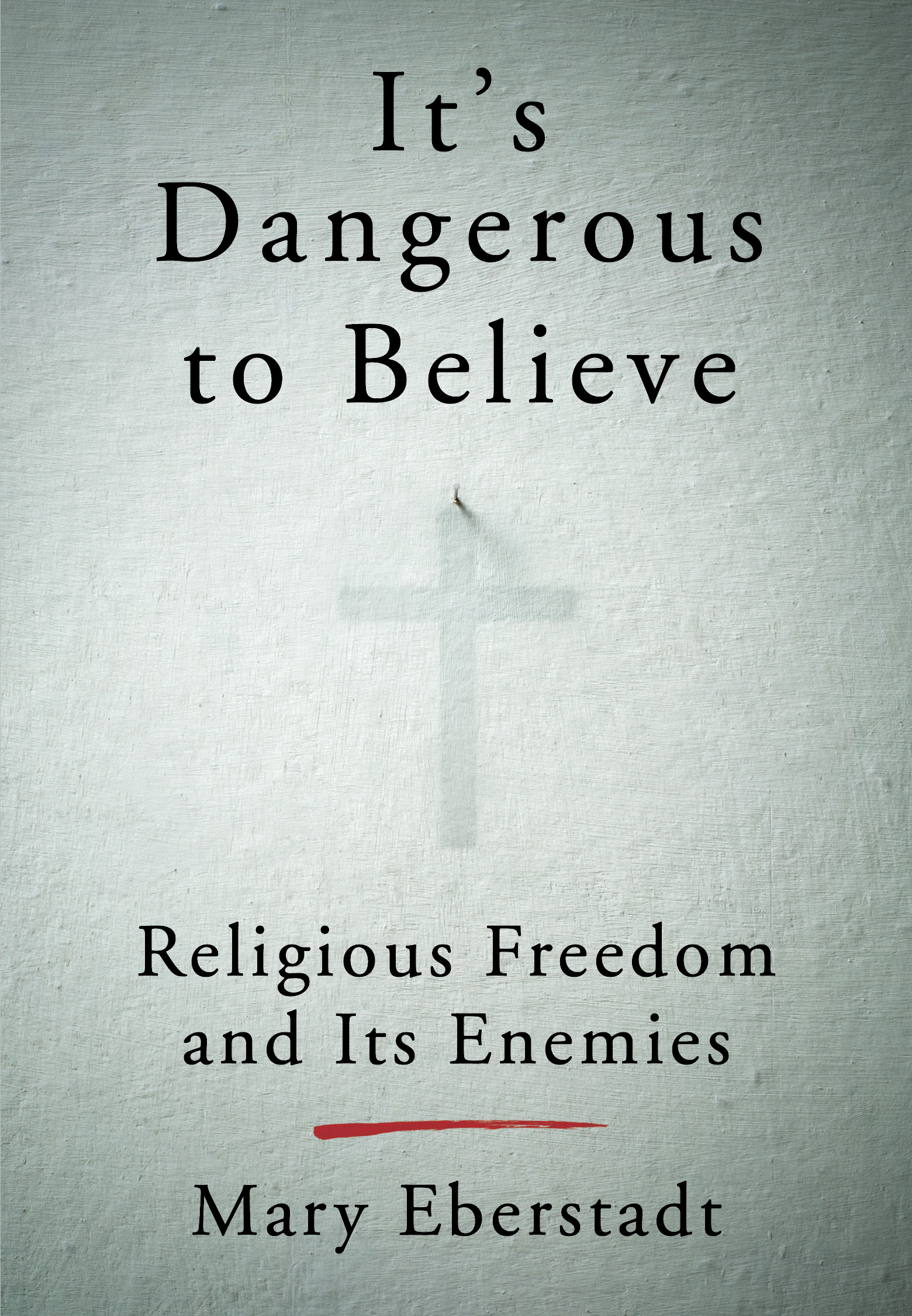
One of the most elaborate national celebrations of liberty leading up to Independence Day is the U.S. Catholic Bishops’ new annual “fortnight for freedom”: fourteen consecutive days of masses, songs, homilies, prayers, videos, receptions, readings, lectures and other events staged in cathedrals and churches around the country and involving millions of Catholics. In the words of chairman Archbishop William E. Lori of Baltimore, the 2016 event, now in its second week, is aimed both at celebrating this “nation, conceived in liberty” and at bringing attention to “the new and emerging challenges that are before us.”
Yes, the 4th of July is the day of the year for lowering partisan flags and raising the red, white and blue one that unites us all. But for many American Christians who lean in toward traditionalism, these are anxious times.
Traditional American Christians have long been on the losing end of culture-war contests—on school prayer, same-sex marriage and other issues. But recent events, including the Supreme Court decision overruling Texas’ restrictions on abortion clinics and the mandate that employers provide access to contraception, have added to the sense that religious expression is under attack.
According to recent Pew Research reports, the percentage of Americans who describe themselves as religiously affiliated has shrunk while the percentage describing themselves as unaffiliated has grown from 2007 to 2014. The percentage who say they are “absolutely certain” God exists fell to 63% from 71% during the same time period.
This new vigorous secularism has catapulted mockery of Christianity and other forms of religious traditionalism into the mainstream and set a new low for what counts as civil criticism of people’s most-cherished beliefs. In some precincts, the “faith of our fathers” is controversial as never before.
Some of the faithful have paid unexpected prices for their beliefs lately: the teacher in New Jersey suspended for giving a student a Bible; the football coach in Washington placed on leave for saying a prayer on the field at the end of a game; the fire chief in Atlanta fired for self-publishing a book defending Christian moral teaching; the Marine court-martialed for pasting a Bible verse above her desk; and other examples of the new intolerance. Anti-Christian activists hurl smears like “bigot” and “hater” at Americans who hold traditional beliefs about marriage and accuse anti-abortion Christians of waging a supposed “war on women.”
Some Christian institutions face pressure to conform to secularist ideology—or else. Flagship evangelical schools like Gordon College in Massachusetts and Kings College in New York have had their accreditation questioned. Some secularists argue that Christian schools don’t deserve accreditation, period. Activists have targeted home-schooling for being a Christian thing; atheist Richard Dawkins and others have even called it tantamount to child abuse. Student groups like InterVarsity have been kicked off campuses. Christian charities, including adoption agencies, Catholic hospitals and crisis pregnancy centers have become objects of attack.
What’s a tolerant American to do? First we must understand that red-hot rhetoric about a “war” on Christianity is misbegotten: there is zero equivalence between the horrors of ISIS-led genocide against Christians in the Middle East and what Pope Francis calls the “polite persecution” of believers in the West. (According to Pew, 77% of Americans described themselves as religiously affiliated in 2014, down from 83% in 2007.)
Yet we must also acknowledge that when some Americans citizens are fearful of expressing their religious views, something new has snaked its way into the village square: an insidious intolerance for religion that has no place in a country founded on religious freedom.
Let’s hope that efforts by the U.S. bishops and others to shine light on this unwanted prejudice and send it scurrying back to its hole. After that, Jews and Buddhists, Muslims and atheists, Protestants and Catholics, wiccans and agnostics alike can celebrate American freedom in peace.
More Must-Reads from TIME
- Why Trump’s Message Worked on Latino Men
- What Trump’s Win Could Mean for Housing
- The 100 Must-Read Books of 2024
- Sleep Doctors Share the 1 Tip That’s Changed Their Lives
- Column: Let’s Bring Back Romance
- What It’s Like to Have Long COVID As a Kid
- FX’s Say Nothing Is the Must-Watch Political Thriller of 2024
- Merle Bombardieri Is Helping People Make the Baby Decision
Contact us at letters@time.com